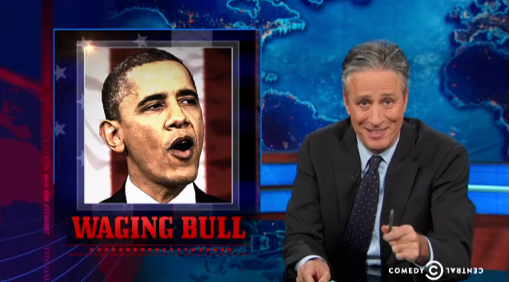I chose not to respond to Thomas Perkins’ original letter to the Wall Street Journal claiming that the opponents of income inequality are “progressives” on the road to holding Kristallnacht on Wall Street. He was too obvious a troll and the general rule is not to feed trolls.
The WSJ has decided, however, to make this claim its meme. It is not clear to me why efforts to reduce our record levels of income inequality would be limited to “progressives.” Surveys show that proposals such as providing jobs to everyone willing and able to work and providing a livable minimum wage have majority support among Republicans. The WSJ, of course, is appalled that the “Occupy Wall Street” movement (a) generated a huge upsurge in the recognition of how severe inequality has become and (b) led the Democrats (finally) to pushing proposals such as the minimum wage that are favored by strong majorities of Americans. They have three responses. They repeat the economic claim that minimum wages can only damage lower-income workers. The economic literature is increasingly dubious of that claim, and it does not convince many Americans. The second response is that it is a Marxist interference with free markets. That convinces a tiny percentage of Americans, and they were already convinced by the neo-classical economic dogma.












